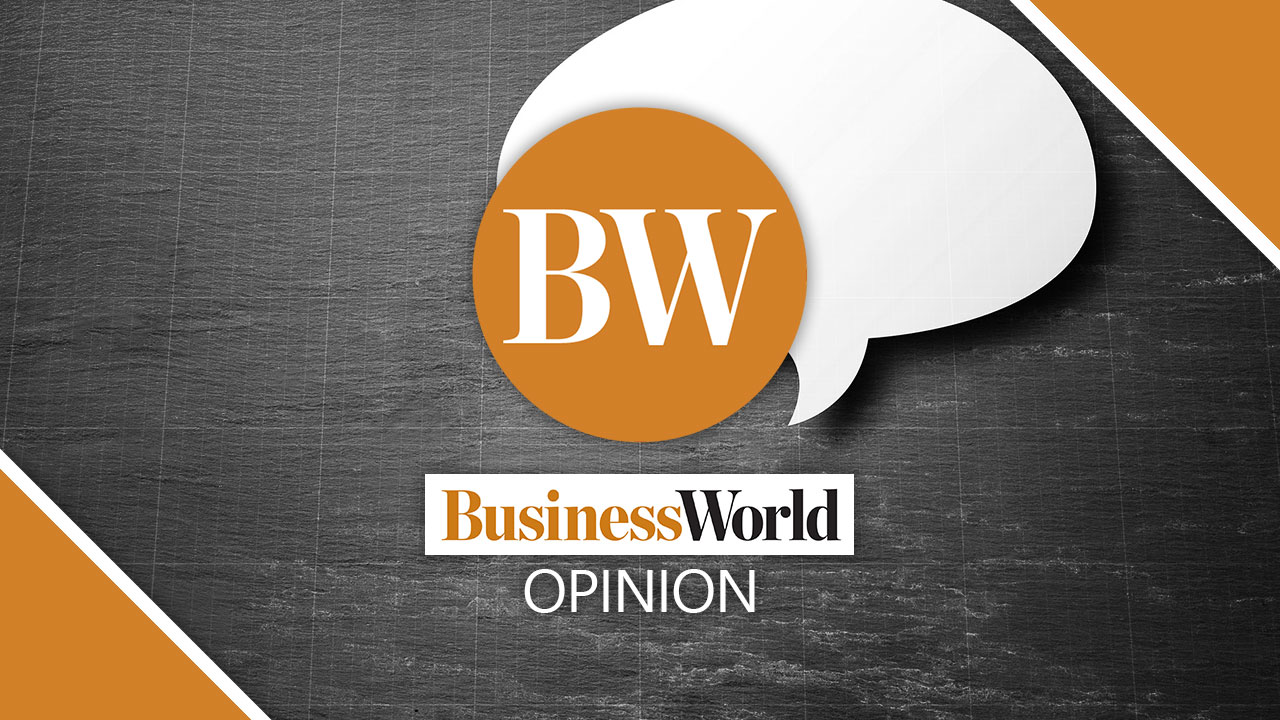
Being Right
By Jemy Gatdula

With government COVID-19 policy exclusively focused on getting people vaccinated, masked, and locked down (as opposed to, say, encouraging early health treatment, outpatient treatment, better diet, exercise, and hygiene), focus has somewhat shifted to the possibility of acquiring cheaper priced vaccines other than through the regular channels. To do so, however, requires overriding the patent rights of the pharmaceutical companies owning the vaccines.
Hence the proposal from India and South Africa to waive certain provisions of Part 2 of the Trade-Related Aspects of Intellectual Property Rights (TRIPS) at the World Trade Organization (WTO):
“Given this present context of global emergency, it is important for WTO Members to work together to ensure that intellectual property rights xxx do not create barriers to the timely access to affordable medical products including vaccines.”
The gist of the proposal boils down to waiving the “the implementation, application and enforcement of Sections 1, 4, 5, and 7 of Part II of the TRIPS Agreement in relation to prevention, containment or treatment of COVID-19.” These provisions deal with copyright, industrial designs, patents, and protection of undisclosed information. Such a waiver is supposed to “continue until widespread vaccination is in place globally, and the majority of the world’s population has developed immunity hence we propose an initial duration of [x] years from the date of the adoption of the waiver.”
The proposal has been supported by certain sectors, particularly seeing it as paving the way of loosening the hold of multinational corporations on developing countries. The usual route of Advance Purchase Agreements, particularly between richer countries and multinational pharmaceuticals resulted effectively in an exclusivity arrangement putting poorer countries at a severe disadvantage: “some countries use these agreements to reserve a substantial amount of vaccine early on during a vaccine race. They place these orders before vaccines are fully developed, tested, and approved by the regulatory authorities. COVID-19 vaccines are still a scarce commodity, and countries with a greater purchase capacity will secure larger quantities in advance.” (“The TRIPS waiver proposal: an urgent measure to expand access to the COVID-19 vaccines,” Henrique Zeferino de Menezes, South Centre, March 2021)
Hence the ostensible need for the waivers: “Without a waiver, countries could suffer trade penalties for violating TRIPS. Dispute resolution under TRIPS does not provide for private action but, rather, action between the disputing member nations. For example, while Moderna would not have standing to sue a member nation for violating TRIPS, the WTO could impose trade penalties on that member nation if a case were brought before it by the United States. A COVID-19 vaccine TRIPS waiver would limit or eliminate the ability to pursue such penalties.” (“What is a COVID-19 Vaccine Intellectual Property Waiver?,” JD Supra, Aug. 11, 2021)
The key, of course, is the United States, where many of the large pharmaceutical companies engaged in vaccine production are incorporated. It was thus a surprise when the US actually agreed (somewhat) to the waiver proposals last May: The US “supports the waiver of those protections for COVID-19 vaccines. We will actively participate in text-based negotiations at the World Trade Organization (WTO) needed to make that happen. Those negotiations will take time given the consensus-based nature of the institution and the complexity of the issues involved.” (Katherine Tai, US Trade Representative, on the COVID-19 Trips Waiver)
The question for the Philippines (a signatory of, and thus bound to, the TRIPS Agreement) is whether to support the waiver proposal. As other commentators noted, such a waiver could necessitate significant changes made to our own intellectual property laws. But even then, assuming such is done, would a waiver be actually helpful to developing countries like the Philippines?
Some are not so sure: “The debate in favor or against patents is largely political. Some argue that insisting on patent protection during a pandemic is short-sighted, since this leaves most of the world’s citizens unprotected by vaccines, thus leaving greater room for variants to evolve. Others fear that diminishing incentives to produce new vaccines could decrease efforts in the development of vaccines for new variants in the future. In any case, the current shortage of vaccines is rooted in many causes, and — even if compulsory licenses or waivers would ‘eliminate’ patents — this would not, alone, trigger vaccine abundance for the world population.” (“Worldwide: Are Patents to Blame for Scarcity of Vaccines?,” Paola Sangiovanni, Ally Law, Aug. 31, 2021)
Are there alternatives? Manufacturing our own vaccines might be a longshot for now. Parallel importation has been brought up, particularly in light of the Universally Accessible Cheaper and Quality Medicines Act but that has its own complexities.
Or perhaps the government might take a second look at ivermectin. A recent study (“Ivermectin: a multifaceted drug of Nobel prize-honored distinction with indicated efficacy against a new global scourge, COVID-19,” Santin AD, et al, New Microbes and New Infections, August 2021) found that mass use of ivermectin treatments for COVID in Peru saw excess deaths fall by 74%.
Jemy Gatdula is a Senior Fellow of the Philippine Council for Foreign Relations and a Philippine Judicial Academy law lecturer for constitutional philosophy and jurisprudence.
https://www.facebook.com/jigatdula/
Twitter @jemygatdula